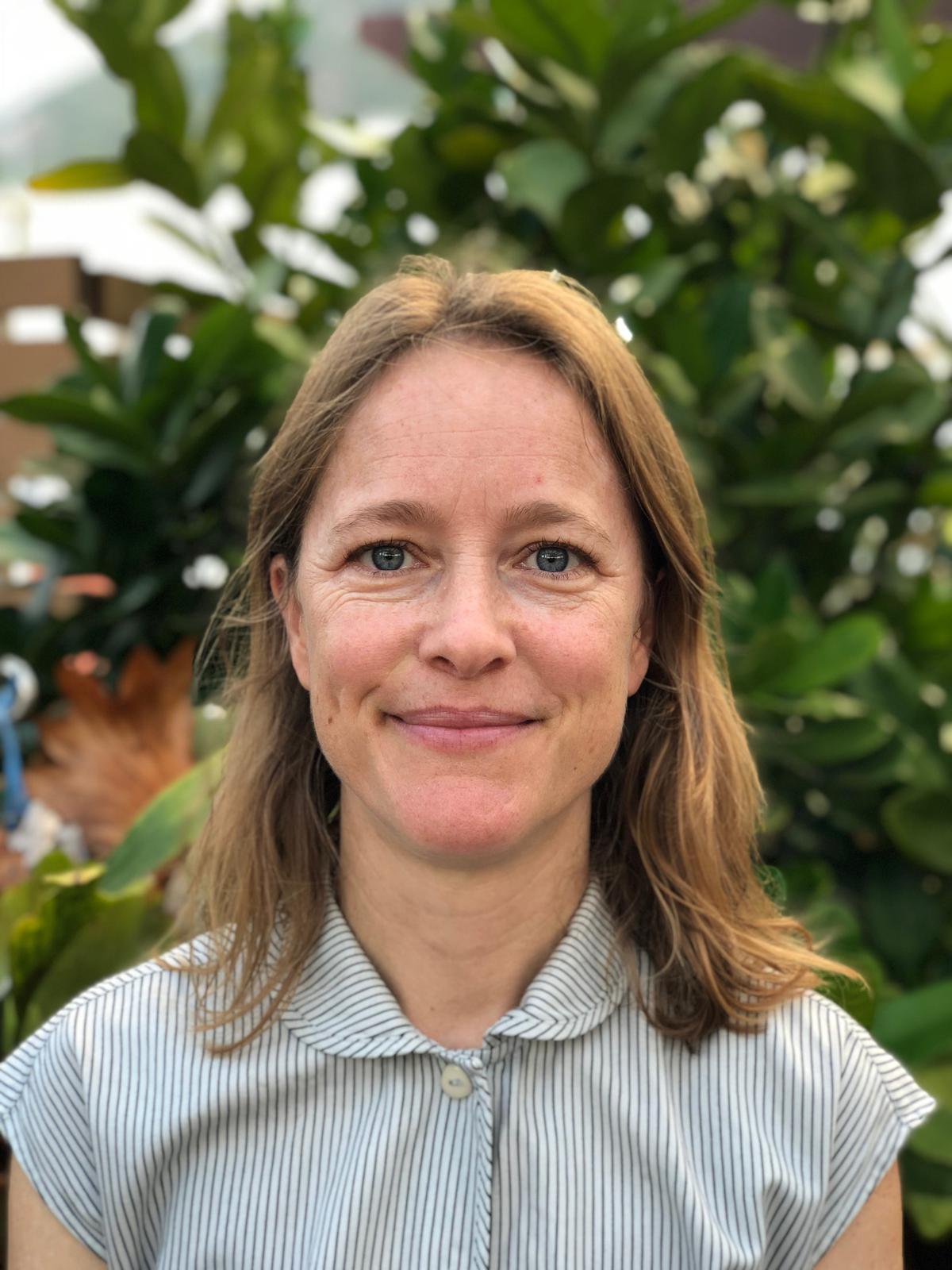A film that chronicles and drives awareness about mental health

A screen shot from the trailer
| Photo Credit: Special Arrangement
“I try hard to look for beautiful things every day because I don’t see it in myself,” says a young woman in the call-out trailer for I Hope This Helps, a crowd-sourced global documentary on mental health that kicked off in April. Much like the other people, who drift in and out of the trailer, which includes a young man wistfully looking in the distance, another whooping uninhibitedly on an empty patch of land, two women swimming in open water and another, sitting cross-legged on a yoga mat, this woman is sharing her story to chronicle and create a greater understanding of mental health.
“The project is an experiment,” says Jack Arbuthnott, director and producer of this film, which should be out sometime next year. “Together we are going to share our stories and the reality of human experience,” he says, over a video call from London where he is currently based.
To kick-start the process, the team behind the documentary — incidentally, the same people who were behind the award-winning documentary Life in a Day — have invited people from anywhere in the world to send them video footage of their life. “We’re looking for videos that capture what life looks like for you, that show where you are on your own mental health journey as well as share the things that help you,” states the film’s website.
So far, they have received footage from over 45 different countries around the world, says Arbuthnott. “And this is just the beginning. We hope to have footage from everywhere by the end of this (project),” he says, adding that encountering different people from all across the world talking about things common to our shared humanity is part of the magic of the process.
The project, funded by the Wellcome Trust, a global charitable organisation, is part of the trust’s Mindscapes cultural program, which “aims to support a transformation in how we understand, address and talk about mental health,” as the Wellcome website puts it.

Danielle Olsen, Wellcome’s Cultural Partnerships Lead
| Photo Credit:
Special Arrangement
“I think art is a really powerful tool for making sure that community and feelings are also included and thought of when thinking about mental health,” believes Danielle Olsen, Wellcome’s Cultural Partnerships Lead and the film’s co-producer, something Arbuthnott echoes. “It is going back to lived experiences and what it feels like,” he says. “That is why the arts are so essential to the realm.”
The team behind the film also hopes to change the language with which we approach mental health. “If you watch traditional, old-fashioned documentaries about mental health, you get very familiar patterns and one of them is an unavoidable sense of looking down at the oddness, a feeling of extreme distance between you and the subjects,” adds Arbuthnott.
The footage they have received so far, however, appears non-judgemental, undermining the sense of distance and difference, something he thinks of as powerful. “The way mental health is discussed, there is often an ‘us’ and a ‘them’,” adds Olsen. “What we are really trying to do is to collapse the ‘us’ and ‘them’ and create a ‘we’,” she says.
While the actual narrative appears somewhat hazy at this point — it will completely depend on what is sent in — Olsen hopes that the team will be able to “craft an extraordinary story from these narratives coming in. We are trying to be open to what is coming our way,” she says. “We will then shape a story and do our best.”
To know more, log into https://ihopethishelpsfilm.com/
For all the latest Entertainment News Click Here
For the latest news and updates, follow us on Google News.
